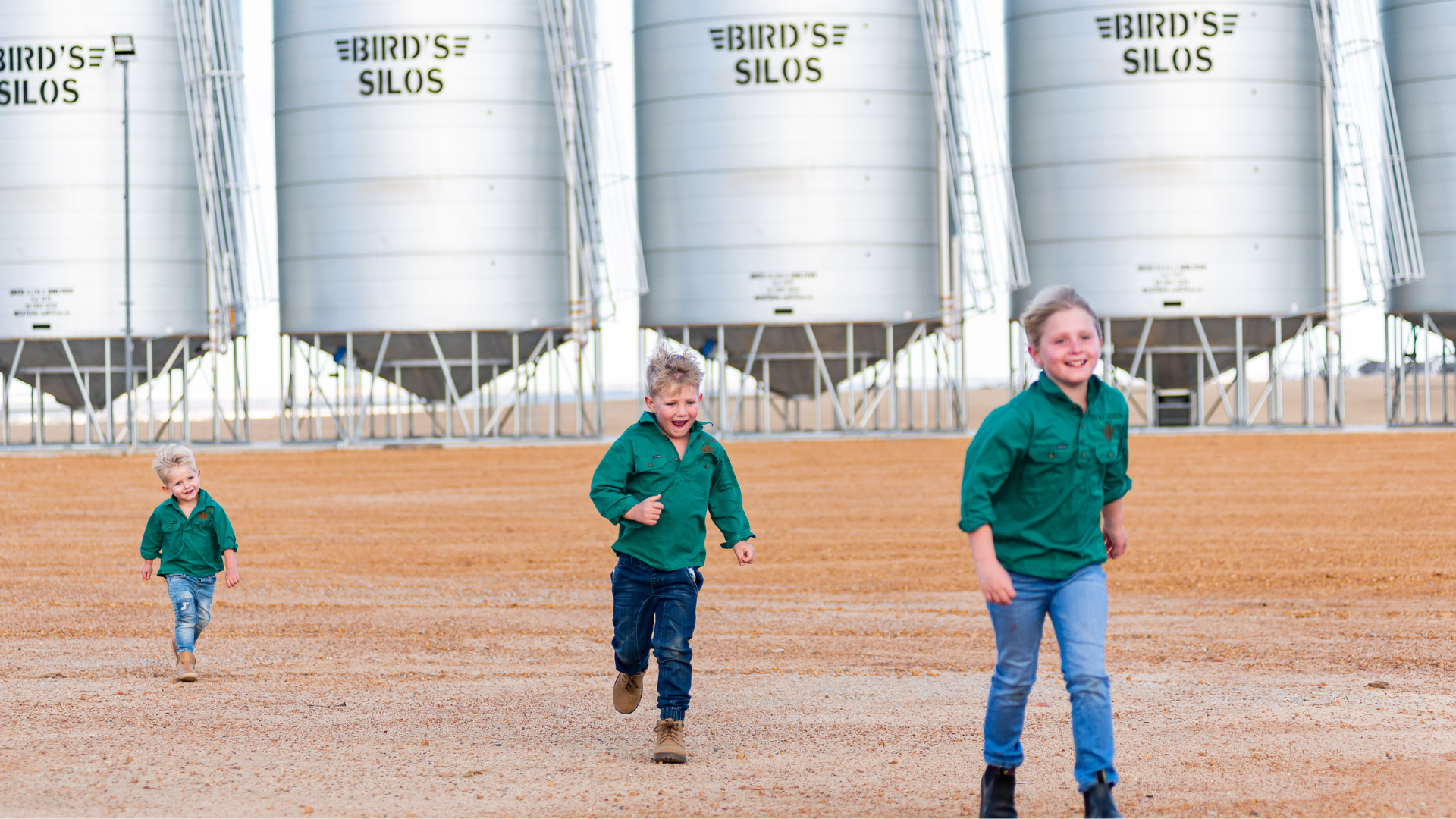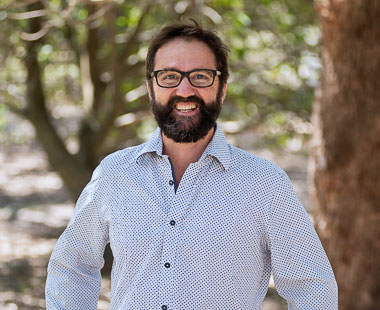I recently read an article stating that grain production, along with overall food production, will need to increase by 50% over the next 30 years to keep pace with global population growth. That figure intrigued me. Can we really boost yields that much in such a short time? Given that we’ve already seen a 50% gain in water use efficiency over the past 15 years, it’s certainly within the realms of possibility.
Digging further, I discovered that 30 years after that, the global population is projected to have peaked and be in decline. If productivity continues to increase as it has, we may find ourselves producing far more grain than the world needs.
It got me thinking about family wealth and the discrepancy in accumulating this wealth between generations. Just ask Gen Z how they feel about their prospects and compare that to what eventuated for the Baby Boomers. Wealth creation is not equal between generations. Sound management is required across generations to ensure this wealth is retained, but first, the wealth must be created by the generation with the best chance to do so. Will your farming grandchildren be facing a future where the historical core focus of their business, food production, offers far less security than it does today, and puts at risk the wealth that has been transferred to them?
While this potential reality may be decades away, WA farm businesses are currently in a strong position. The Planfarm Benchmarks demonstrate they have a large equity base and operate at significant scale; today’s farm owners have a unique advantage in that they have choices. These choices not only cover non-traditional land uses, but they may also extend beyond the farm gate. When I consider the longer-term issues raised above, I am compelled to believe that starting this planning now will be worthwhile.
The keyword is planning.
Almost every week, a client will contact me about new opportunities. Often, these are unsolicited offers from energy companies. As Cameron Weeks has previously written in Landline, education is essential to navigate these offers wisely and avoid being locked into poor long-term agreements.
The same can be said for Carbon. With an increasing number of your suppliers and buyers becoming legislatively compelled to report their carbon emissions, understanding your business’s emissions is becoming increasingly important. Especially if these stakeholders require detailed emissions reporting for you to access products, prices or markets.
On a positive note, agriculture is an industry with a real opportunity to benefit from the world’s commitment to reducing CO2 emissions. Agricultural landowners may be one of the major beneficiaries in this pursuit, with carbon farming providing a commercial opportunity for many businesses. However, just like any other investment opportunity, education and careful consideration are the key. What are the genuine carbon opportunities in your business? A call to TerraWise could help you find out.
You can also add Natural Capital to the list of opportunities. Many organisations wish to demonstrate their ESG obligations to shareholders. Recognition of and investment in natural capital is emerging as something that could rival the benefits of carbon farming. And of course, there are more ways than one to make the most of natural capital. Agri or eco-tourism could play a significant role for you. As little as $100k can have a genuine off-grid small house landed on your property, and that lovely picnic spot you have visited since you were a kid can now become your very own tourism spot. But there are pitfalls to this, and each avenue you may consider.
And of course, many more options require consideration. Education is fundamental in determining if any of these are suitable to you, or when the right time to act is, along with identifying the issues they will bring. You should be encouraged to reach out to trusted advisors across the board to test your thoughts on what is appropriate for your business today. Knowledge is power and provides you with the confidence to act when it is appropriate.
“Education is the key that unlocks the golden door to freedom”, a quote by Agricultural Scientist George Washington Carver some 100 years ago, seems appropriate.


